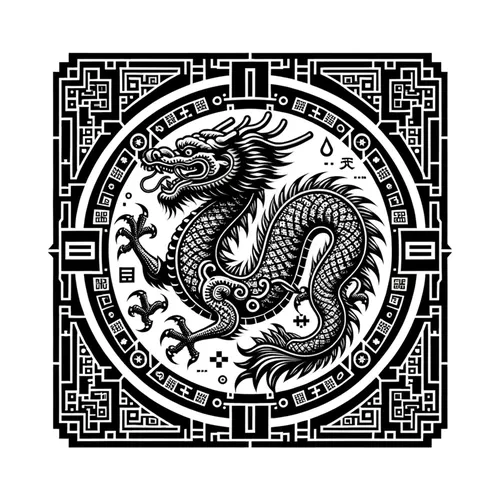Digital Dragonstalkers: China Hacks Winter Games, NSA Named! Plus, Typhoon Twins Target US Grids
- Author
- Quiet. Please
- Published
- Tue 15 Apr 2025
- Episode Link
- https://www.spreaker.com/episode/digital-dragonstalkers-china-hacks-winter-games-nsa-named-plus-typhoon-twins-target-us-grids--65583985
This is your Digital Dragon Watch: Weekly China Cyber Alert podcast.
Alright, dragon tamers, buckle up—it’s Ting here with your “Digital Dragon Watch,” the snazziest cyber rundown of China’s latest moves in the digital jungle. It’s been a rollercoaster week in the land of firewalls, honeypots, and zero-day exploits, so let’s jump right in.
First up, China’s cybersecurity watchdogs threw a cyber curveball this week, accusing the NSA’s Tailored Access Operations (TAO) group of hacking their systems during the Asian Winter Games. Yeah, they named names—Katheryn A. Wilson, Robert J. Snelling, and Stephen W. Johnson. Apparently, TAO allegedly swung its digital sledgehammer at registration systems, timekeeping platforms, and other critical setups for the Games in Heilongjiang province. The Chinese claim there were 170,000 cyberattacks, most of which they blame on—you guessed it—the U.S. The accusations also went wild, extending to American academic institutions like the University of California and Virginia Tech, which were supposedly implicated in supplying infrastructure for the alleged operation. The NSA hasn’t commented yet, but trade tensions between the U.S. and China are clearly adding kindling to this fiery war of words.
Meanwhile, back on American soil, the House Homeland Security Committee sounded the alarm on Volt Typhoon and Salt Typhoon, two China-backed hacking collectives that make "persistent threat" feel like an understatement. Volt Typhoon is accused of embedding malware deep into U.S. critical infrastructure—think power grids and ports—likely as a chilling contingency, should China decide to ramp up conflicts over Taiwan. Salt Typhoon took it further last year by infiltrating nine telecom operators, snagging access to wiretap systems. And yes, that means eavesdropping on top-tier conversations, from politicians to judges. The malware is so sticky, experts fear it still lingers in many networks.
Responding to this, the U.S. Congress is fortifying its defenses. Last week, they reintroduced the “Strengthening Cyber Resilience Against State-Sponsored Threats Act.” This creates an interagency task force led by CISA and the FBI to hunt down and disrupt Chinese cyber actors. Experts have dubbed China’s operations an attempt to pre-position themselves within American infrastructure, ready to sow chaos if needed. This legislation ensures an annual classified briefing to Congress, because who doesn’t love a dose of cloak-and-dagger updates?
On the tech-hardened recommendation front, experts are screaming from the rooftops about zero-trust architectures and supply chain visibility. It’s more than a buzzword buffet—they’re begging organizations to patch vulnerabilities faster than kids eating Halloween candy. Also, cybersecurity teams are prioritizing detecting the type of long-term “persistent access” China seems fond of.
As for Beijing’s own admissions? Quiet whispers at a Geneva meeting hinted at, let’s say, “involvement” in U.S. infrastructure hacks—mostly framed as a warning about Taiwan. It’s all part of their classic mix of denial and tacit shrugs.
So, what’s next? Stay awake. Stay patched. And stay tuned. These dragons don’t hibernate.
For more http://www.quietplease.ai
Get the best deals https://amzn.to/3ODvOta
